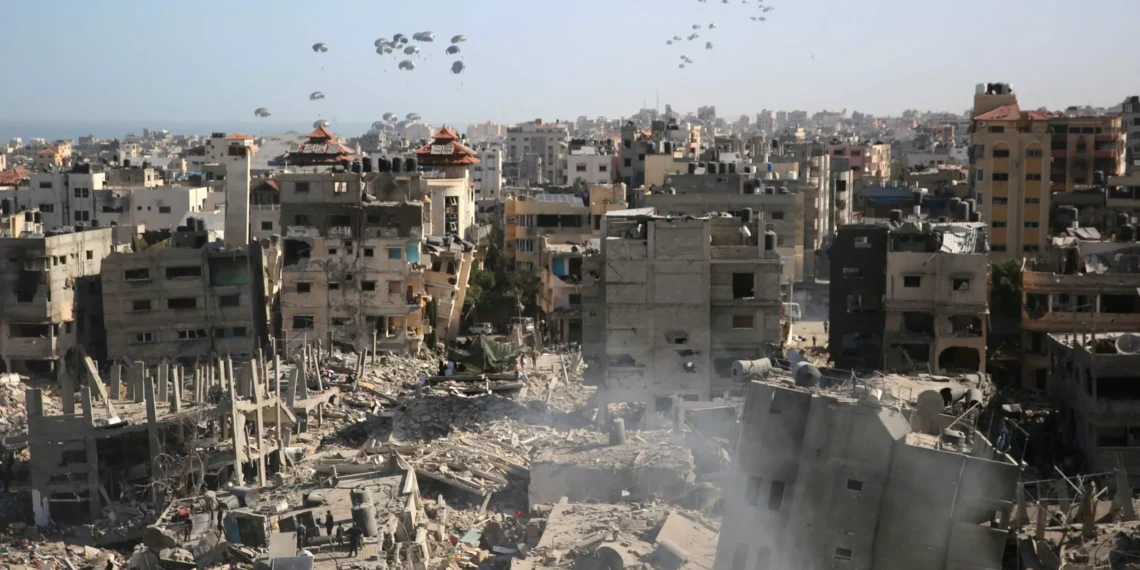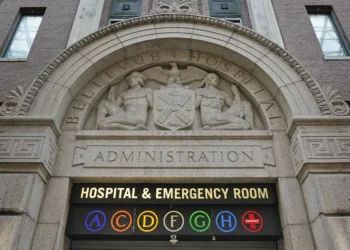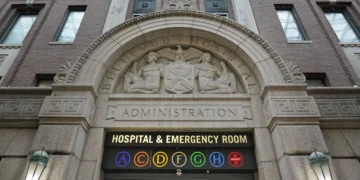Israel’s ongoing conflict with Palestine has been a source of global concern for decades. The recent report by the United Nations has shed light on the dire situation in Gaza, where at least 196 humanitarian aid workers have been killed by Israeli forces since October. This shocking revelation has once again brought attention to the plight of the Palestinian people and the need for immediate action to end the violence and suffering in the besieged territory.
The United Nations has described Gaza as “one of the world’s most densely populated and impoverished areas.” The 11-year-long blockade imposed by Israel has severely restricted the movement of people and goods, leaving the population of Gaza in a state of constant struggle for survival. The situation has only worsened in recent months, with the killing of aid workers adding to the already dire humanitarian crisis.
The report by the United Nations Office for the Coordination of Humanitarian Affairs (OCHA) states that the 196 aid workers killed in Gaza include 27 women and 30 children. These individuals were working tirelessly to provide essential services such as healthcare, education, and food assistance to the people of Gaza. Their deaths have not only left a void in the humanitarian aid sector but have also deprived the people of Gaza of much-needed support.
The UN report also highlights the alarming increase in the number of aid workers killed in Gaza in recent years. In 2018 alone, 13 aid workers were killed, which is the highest number since 2014. This trend is deeply concerning and raises serious questions about the safety and protection of aid workers in the region.
The killing of humanitarian aid workers is a violation of international humanitarian law and must be condemned by the international community. These individuals were not involved in the conflict but were simply trying to provide assistance to those in need. Their deaths are a tragic loss for their families, the humanitarian community, and the people of Gaza.
The situation in Gaza is dire, and the people are in urgent need of humanitarian aid. The ongoing blockade has severely limited the availability of essential goods and services, leaving the population in a state of constant struggle. The killing of aid workers only adds to the already dire situation and further hinders the delivery of much-needed aid to the people of Gaza.
The United Nations has called for an immediate end to the violence and for all parties involved to respect international humanitarian law. The protection of aid workers and civilians must be a top priority in any conflict, and those responsible for the killing of aid workers must be held accountable for their actions.
The international community must also take action to address the root causes of the conflict and work towards a peaceful resolution. The people of Gaza deserve to live in peace and dignity, and it is the responsibility of the global community to ensure their basic human rights are protected.
In the face of such tragic events, it is heartening to see the resilience and determination of the humanitarian aid workers who continue to risk their lives to provide assistance to those in need. Their selfless dedication and bravery are an inspiration to us all and a reminder of the importance of humanitarian work in times of crisis.
As we reflect on the UN report and the lives lost, let us also remember the thousands of aid workers who continue to work tirelessly in Gaza and other conflict-affected areas around the world. Their efforts are crucial in providing much-needed support to those in need and bringing hope to the most vulnerable communities.
In conclusion, the killing of 196 humanitarian aid workers in Gaza since October is a tragic reminder of the ongoing conflict and the dire situation in the besieged territory. The international community must take immediate action to protect aid workers and civilians and work towards a peaceful resolution to the conflict. Let us honor the lives lost by standing in solidarity with the people of Gaza and supporting the tireless efforts of humanitarian aid workers.







